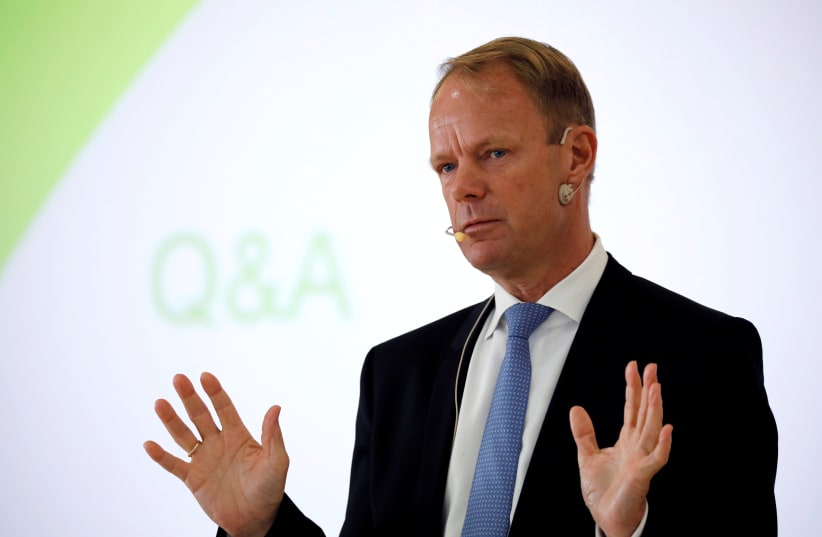Teva woes continue amid congressional probe, negative outlook
According to the May lawsuit filed by Connecticut Attorney-General William Tong, Teva significantly raised prices on approximately 112 different generic drugs between July 2013 and January 2015.
